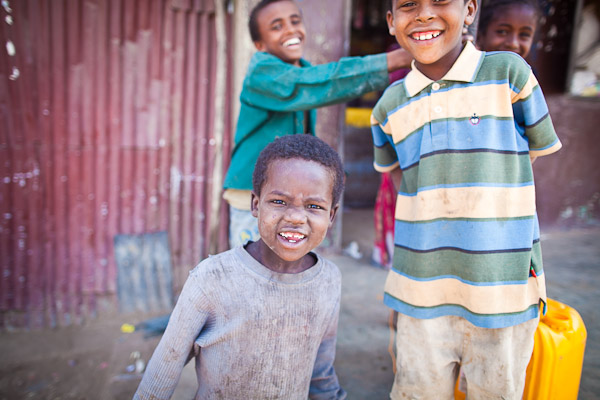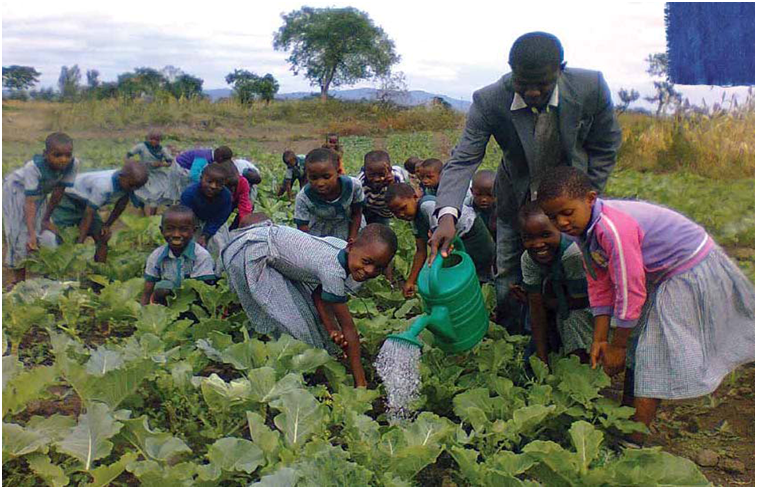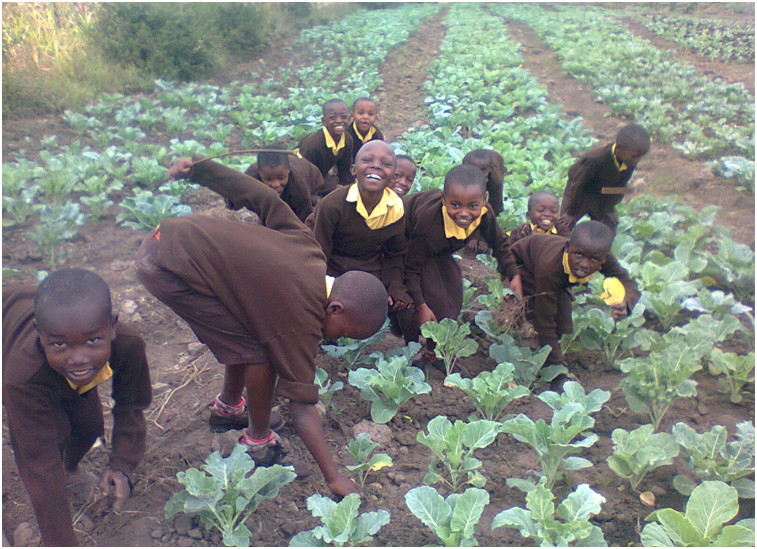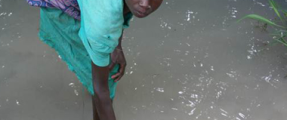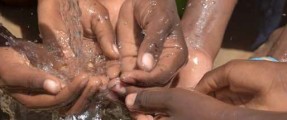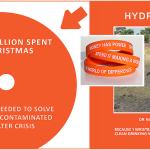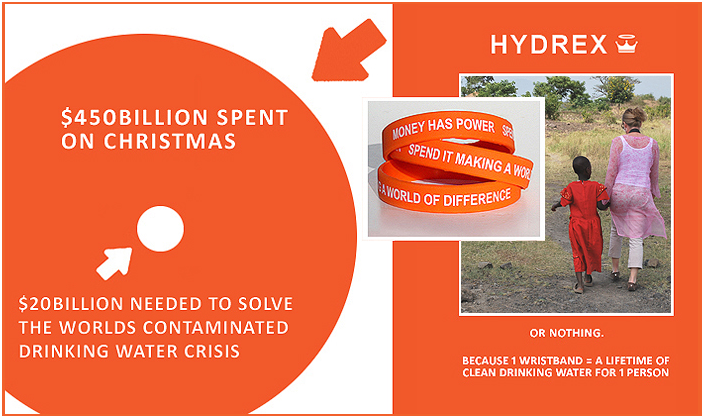$22,633: Funded December 24, 2013. Completed Fall 2014.
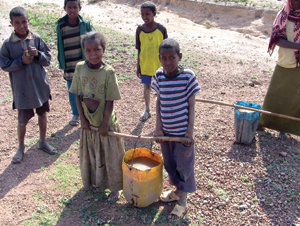 The water project will be implemented in Dera, Ethiopia. The city’s population is about 64,000 people. In the area surrounding the church where people can access water through this project, there will be about 3,600 people. The Compassion project, implemented through the local church, serves about 210 children and their families directly. These families (about 1,050) will benefit most directly.
The water project will be implemented in Dera, Ethiopia. The city’s population is about 64,000 people. In the area surrounding the church where people can access water through this project, there will be about 3,600 people. The Compassion project, implemented through the local church, serves about 210 children and their families directly. These families (about 1,050) will benefit most directly.
The total cost of this water project is $22,633. FUNDING COMPLETE!
Insufficient water supply becomes detrimental to the programmatic activities of registered children at ET-321. The church accesses this water from the community water points in the town.The project director (ET-321) indicated that the nearest water point to the child development center is found approximately at 800 meters (1/2 mile). Thus, the church pays USD 0.23 for 20 liters of water to those who transport the water by horse cart in order to fulfill the water needs at the child development center. Nevertheless, the church is not able to meet the required amount of water which is from 140 to 200 liters of water per day (i.e. seven to ten containers per day). As the project director indicated in July 2013, the registered children are not able to use the existing toilets efficiently and practice hand washing after defecation due to having not sufficient water supply at the child development center. They are also not able to take shower even after doing physical exercises though the area is known to be windy and dusty. Hence, the church is currently using this available water only to cook food items to service 208 registered children during tea break.
Moreover, the community water points in the town are few in number and disproportional to the number of households in the community. The project director indicated that water is often times available for few days in a week. To cope up the challenge, people in the town reserve water with containers when water is available and use it scarcely. As a result, every water point has a long queue, so it takes more than an hour to fetch water. The project director also mentioned that this problem goes beyond the child development center and affects the community in which the registered children reside. In other words, lack of sufficient safe drinking water affects the lives of registered children and their caregivers in the community. For instance, women and children are the ones who spend much of their time in waiting a long queue and fetch water from community water points. As a result, the registered children are miss out on school time or study time.
The magnitude of this problem has initiated the church (ET-321) to take the lead in installing a water pipe line from 800 m far off place. The project has bought 80 water pipelines and acquired legal permission from the local government to connect with the national water grid line which is passing across the area. Nevertheless, the church has not been able to go further to complete this activity due to financial constraints. This proposal is, therefore, designed to connect water pipeline from the national grid and to build three water points one at the child development center and the other two near to the community whereby registered children are located. The realization of this activity will enhance child participation rate, facilitate personal hygiene exercise and reduce the incidence of infectious diseases from registered children.
